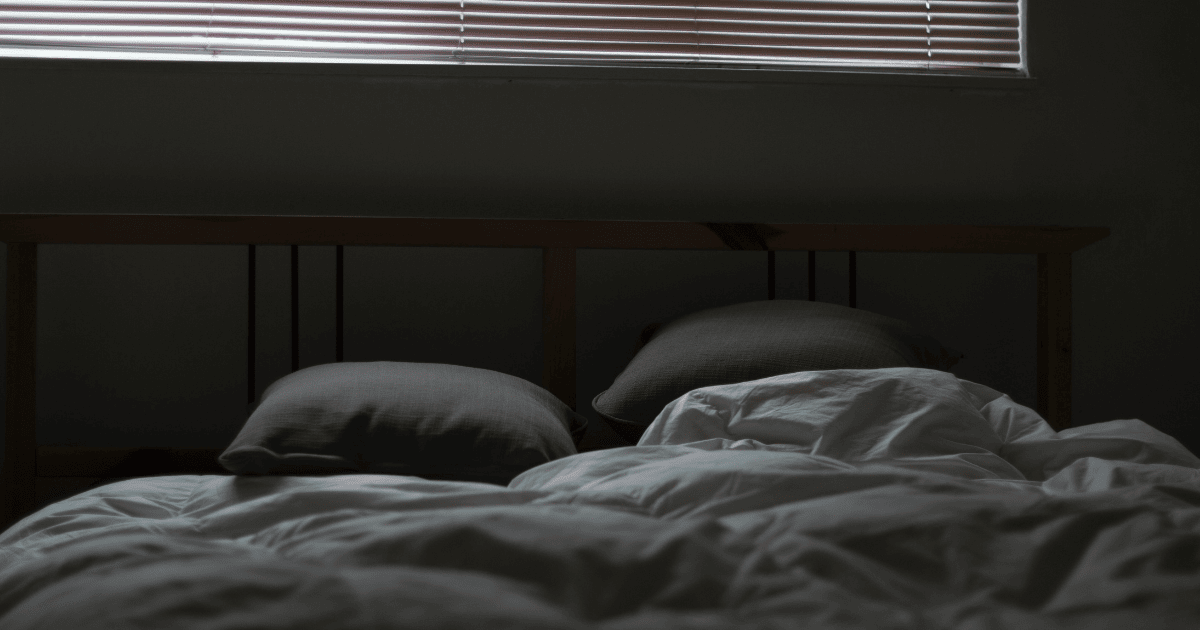Sleep Now, Work Later
 Written by: Insia Hussain, 3rd Year BMOS
Written by: Insia Hussain, 3rd Year BMOS
Photo by: Quin Stevenson on Unsplash
University students getting little sleep is not something unheard of. In fact, it’s even a stereotype associated with this particular demographic, for reasons ranging from us being associated with partying and hanging out with friends all the time to us having to balance a substantial amount of classwork and homework with non-academic responsibilities such as jobs and extra-curriculars.
Pulling all-nighters to finish up a project or catch up on classwork is almost a way of life for university students, as demonstrated by the creation of many memes that illustrate this exact situation. Sometimes completing an academic obligation before the deadline, no matter if we even get any sleep that night or not, seems to be much more important than it is for us to take care of ourselves and rest, despite the toll this may have on our health.
For young adults aged 18 to 25, which is the age range that the majority of undergraduate university students fall into, the recommended amount of sleep needed for proper rest and optimal performance is seven to nine hours a night, according to the National Sleep Foundation. However, most university students – specifically 70% to 96% - get less than eight hours of sleep each weeknight. In fact, over half of students sleep less than even seven hours per night. As a result of this sleep deprivation that occurs on weekdays when the majority of people are busy with school, extra-curricular activities, and work, many students – myself included at times – try to catch up on lost sleep during the weekends by sleeping in. However, this is not a healthy habit nor does it help solve the issue of sleep deprivation in the long run.
In terms of physical health, a lack of sleep is linked to multiple unwanted health consequences, including obesity, heart disease, and type II diabetes – especially if it becomes a regular habit. In regards to obesity, according to the National Health Service (NHS), it appears that sleep-deprived people have lower levels of leptin, the chemical that makes you feel full, and higher levels of ghrelin, the hormone that stimulates hunger. When it comes to heart disease and type II diabetes, a lack of sleep can increase insulin resistance. Sleep deprivation can also disrupt your immune system and make it weaker. The dangers of this are easy to imagine due to the events of March 2020 onwards. Additionally, according to the Centers for Disease Control and Prevention (CDC), sleep deprivation has the potential to create the same level of cognitive impairment as drinking alcohol does. Specifically, staying awake for 18 hours can have the same effect as a blood alcohol content (BAC) level of 0.05%. This can lead to dangerous situations, like driving to campus with little sleep.
Sleep plays a part in the well-being of your physical health because it allows your body to repair and get ready for a new day, leaving you refreshed when you wake up. Your body “releases hormones during sleep that help repair cells and control the body’s use of energy” according to the National Institutes of Health. Additionally, blood pressure decreases, which gives your heart and blood vessels some needed rest – the less sleep you get, the longer your blood pressure will stay up and be more likely to lead to the aforementioned heart disease in the last paragraph. There is a link between getting enough sleep and lessened inflammation in the body. Additionally, if you’re an athlete who engages in endurance sports such as running, swimming, and biking, you’ll be more motivated – and able – to perform your best.
Sleep is necessary for “the physical upkeep of the body”, but it “also helps maintain cognitive skills, such as attention, learning, memory, and emotional regulation”. Since mental health is a hot topic these days – and for a good reason – it is important to understand how a lack of sleep can negatively affect mental health along with physical health. Of course, sleep deprivation can cause sleepiness and fatigue during the day, but it can also prevent you from keeping your emotions in check, leading to irritability and a short temper. It also becomes harder for you to cope with even small levels of stress. Not sleeping enough can also cause difficulty in regard to focusing, concentrating, and remembering. Additionally, a lack of sleep can contribute a causal role to the development and maintenance of various mental health problems. Sleep deprivation and disturbances can intensify the symptoms of many mental health conditions, such as depression, bipolar disorder, and anxiety.
Sleep is good for your mental well-being because its various stages, including non-REM sleep and REM sleep, enable better thinking, learning, and memory. Enough sleep, especially REM sleep, allows the brain to process emotional information so you wake up in a better mood and can manage your emotional reactivity. With sufficient sleep, you’re also “more productive, more attentive to detail, and able to concentrate better while studying”, according to Dr. Edward Pace-Schott, a Harvard Medical School faculty member and sleep expert.
It’s not always easy to establish healthy sleep habits, but that doesn’t mean it’s not worth trying to establish them. Dr. Pace-Schott recommends making sleep a priority. This means staying on top of school work and avoiding procrastination when it comes to important tasks for the day. Also, as unappealing as it might sound, focusing on completing important work can also mean limiting social outings and how often you hang out with friends. Some other tips he offers include not drinking caffeine in close proximity to when you aim to sleep, exercising daily but avoiding intense exercise within two hours of bedtime, having a consistent sleeping schedule and getting exposure to morning sunlight, and establishing a “wind-down” routine before you go to sleep. These tips can be beneficial during exam season as well. Personally, I enjoy watching other people’s daily or after-school routines on YouTube or TikTok for motivation to get my life together.
As university students, we all have obligations and responsibilities, both academic and non-academic, that we seem to spend a lot of time on. Sometimes these obligations and responsibilities take precedence over sleep, which can lead to overall health being affected. However, it’s always important to remember that health and your physical and mental well-being are what come first, before work, academics, and social activities. As the saying goes, health is wealth.
Check out more blogs!

How to Restore Your Academic Motivation
Adi shares his thoughts on how to best restore your academic motivation in times of burnout.

Last-Minute Study Guide
Waiting until the last minute to study happens to the best of us, but this doesn't mean you'll bomb your exam.

Loving Yourself as a Person But Not a Student? Here’s How to Love Both.
We all face burnout, and it's important to recognize those feelings and take care of ourselves.
Published on

